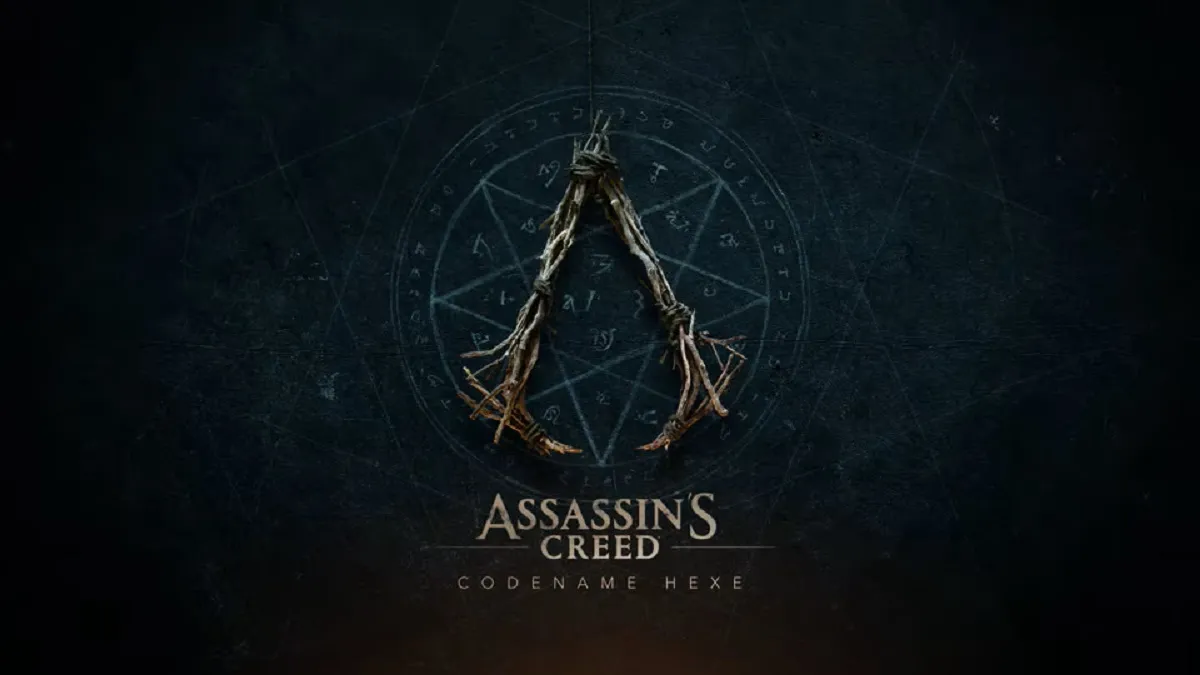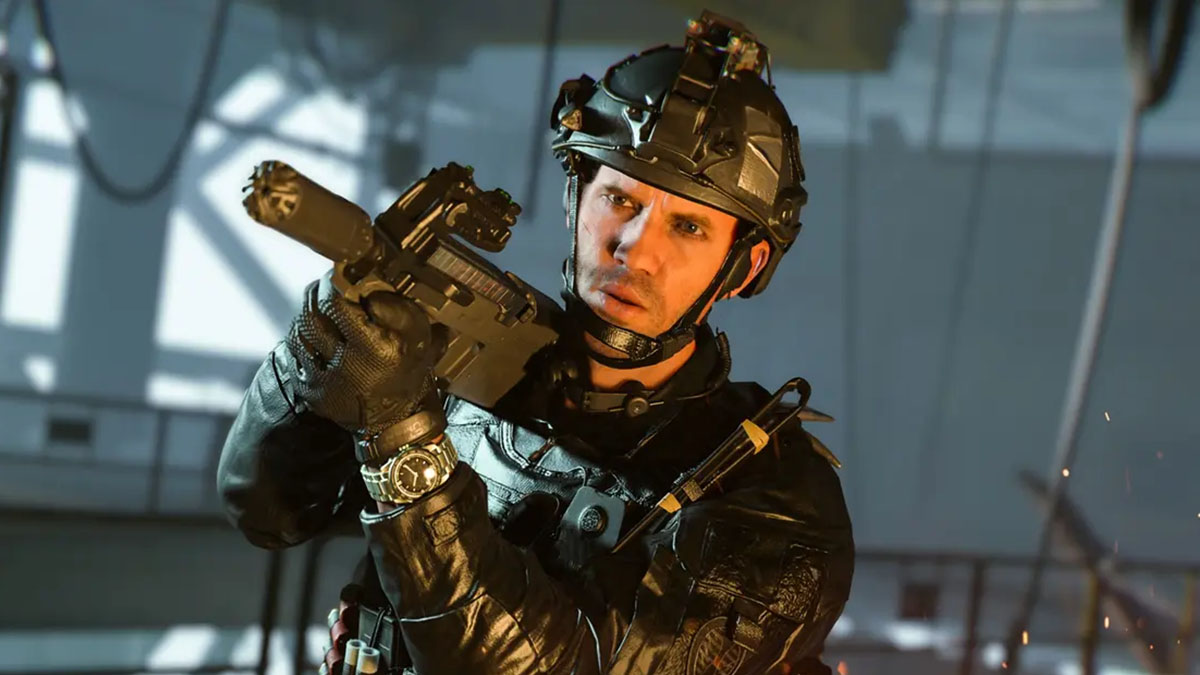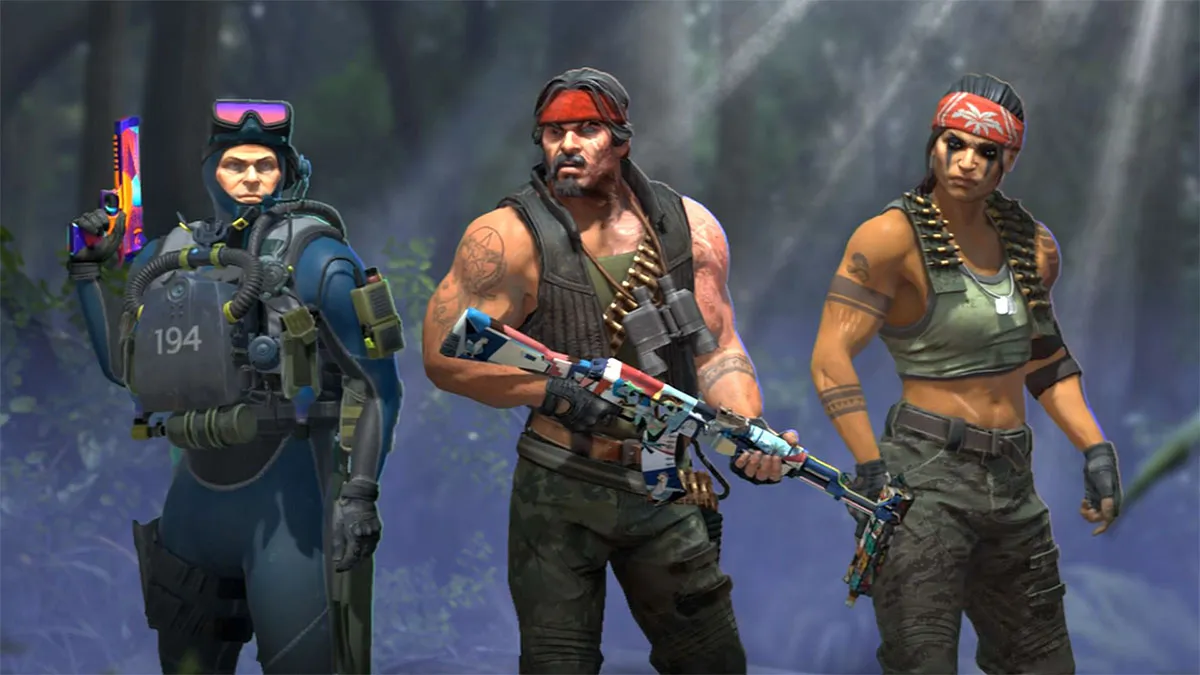We’re still reporting it because you’re still denying it
Slowly but surely the academic evidence is building up. A new study conducted by researchers at Ohio University has found that women playing multiplayer on Halo 3 receive three times as much abuse as men. Confirming what is already common knowledge to those who have to put up with it, authors Jeff Kuznekoff and Lindsey Rose drew the data from interactions compiled over the course of 245 matches on the game’s most popular playlist.
The study involved the use of three similarly-named gamertags, one each assigned to a male and a female voice and one to remain voiceless. Fairly neutral pre-recorded messages were played before, during and after each game, the same phrases being used by both the male and female accounts. Kuzenkoff and Rose claim to different aptitudes at the game, broadening their interactions to include high- and low-ranking players as per the matchmaking system. Comments directed towards the researchers were afterwards placed into three categories: directed negative, directed positive and queries. Overall, they encountered 1660 unique gamers, so rest assured the results are not skewed by many recurring bad apples.
After over 80 matches each, they found the female-voiced account was subjected to far more abuse than its male counterpart, despite equal measures of skill and congeniality. Little serves to pin the shitty behaviour received to the fault of the victim. On the other hand, it was discovered that positive comments tended to correlate with a high skill level of the female-identified player. It’s also worth noting that the voiceless account received less harassment than both the male and female accounts.
This supports another study published last September. Emily Matthew surveyed a total of 874 people (40.7% women, 57.1% men) and found that women were four times as likely as men to be harassed while gaming online. 67.5% of women admitted to hiding their gender so as to avoid harassment, a tactic Kuznekoff’s and Rose’s study shows as effective.
Coupled with the correlation between highly skilled female players and the positive feedback they experience, this suggests to me that the minority of women who manage to survive the environment long enough to get good at the game emphasises a plausible perception bias among communities favouring the chosen few. Those women who harbour contentions with the scene move to silence while those who remain vocal assert harassment to not be a problem in their experience.
While this is not surprising to those familiar with the subject, these studies should help to dispel the myth that everyone receives abuse online equally. It’s hard to imagine exactly how these results can be written off as anything but demonstrations of sexism but some people will always wrangle out a way. In the meantime, the best we can do is reassert how this horrible behaviour is not acceptable and continue to show people when they’ve gone astray. Which does actually work.




